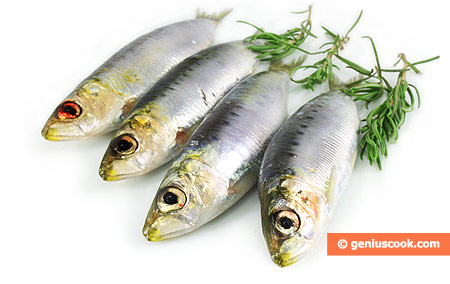The Mediterranean Diet is Healthy for the Heart and Blood Vessels
Heart diseases are to be found much rarer in the countries situated in the Mediterranean area than in countries elsewhere. Researchers believe that the foods common in Greece and Italy make one of the principal causes for that. The last issue of the famous MAYO clinic’s (Mayo Clinic women’s healthsource) journal outlines the key elements of the Mediterranean diet and the reasons why this way of dieting is very healthy for the heart and blood vessels.
Key components of the Mediterranean diet:
- Abundance of fresh fruits and vegetables. Fruits and vegetables are a part of each meal in most countries of the Mediterranean. They are rich in antioxidants which can help prevent cholesterol accumulation in blood vessels.
- Bread, pasta and rice are commonly made from whole grains. Whole grain is an excellent source of fiber and it contains a lot of vitamins and minerals. Some kinds of dietary fibers can also bring down the cholesterol level in blood reducing the general risk of developing cardiovascular diseases.
- The intake of the healthiest fats solely. Olive oil is the main source of fats used in the Mediterranean cooking. It is of monounsaturated fats type which helps keep low-density lipoprotein (LDL or “bad” cholesterol) level down. Oil is used instead of saturated fats or unhealthy trans fats.
- Another kind of healthy fats in the Mediterranean diet are polyunsaturated fat of Omega 3 fat acids which can be found in fishes, vegetable oils, nuts. Omega 3 fat acids are considered to be especially salubrious as they can lower the triglycerides level and help maintain healthy condition of the blood vessels. They also protect from sudden deaths caused by heart attacks.
- Very little red meat is eaten in the Mediterranean belt countries. The foods that contain the most proteins there are legumes: beans, peas and lentil.
- Though they drink alcohol almost daily in these countries, they drink it in moderate quantities. Researches showed that alcohol drinking is linked with lowering the risk of cardiovascular diseases. They drink more wine than other alcohol drinks in the Mediterranean and it is much healthier for the heart than any other alcoholic drink. The recommended natural grape wine quantity for daily intake is one glass for women and two glasses for men.
- Other features of the Mediterranean diet include mollusks and the crustaceans at least two times a week, some milk food like cheese and yoghurts, small portions of nuts and seeds. Sweets are eaten but occasionally. Dishes get special taste and flavor due to the use of different healthy herbs and spices. Besides, people in these countries move around much. Another important factor is that they have meals together with family and friends.
The Mediterranean diet is known to be healthy not only for the heart. Some researches reveal that it can also lower the risk of developing diabetes, some kinds of cancer, obesity and Alzheimer’s disease.

Components of the Mediterranean diet








